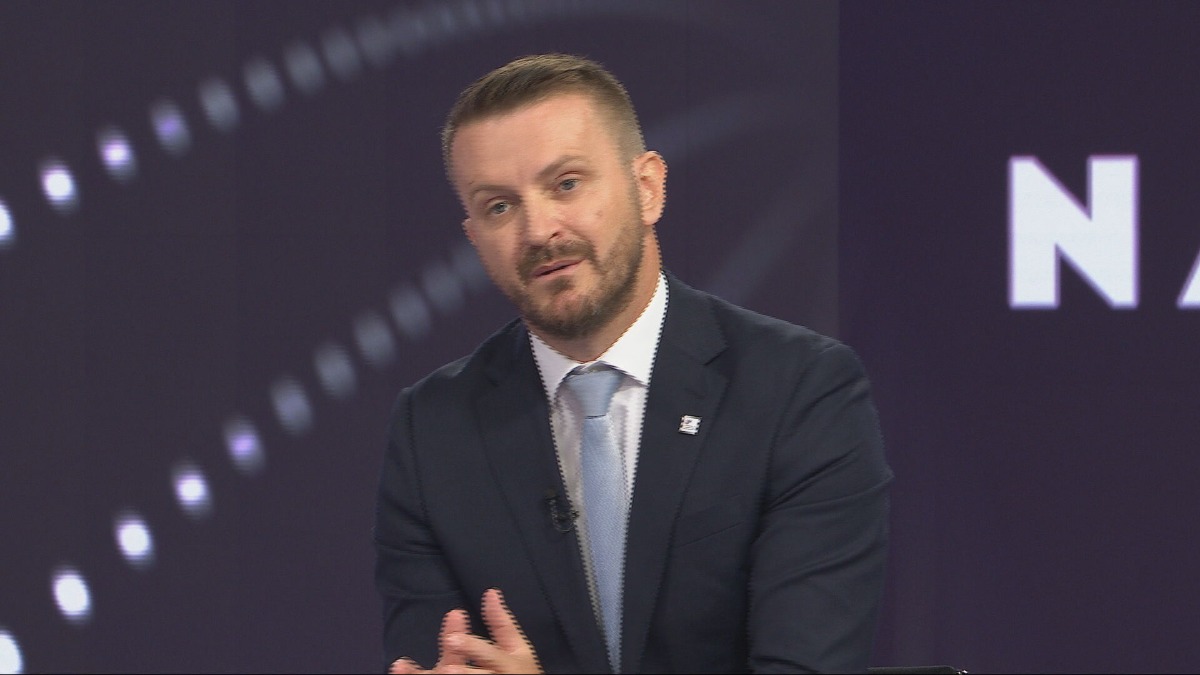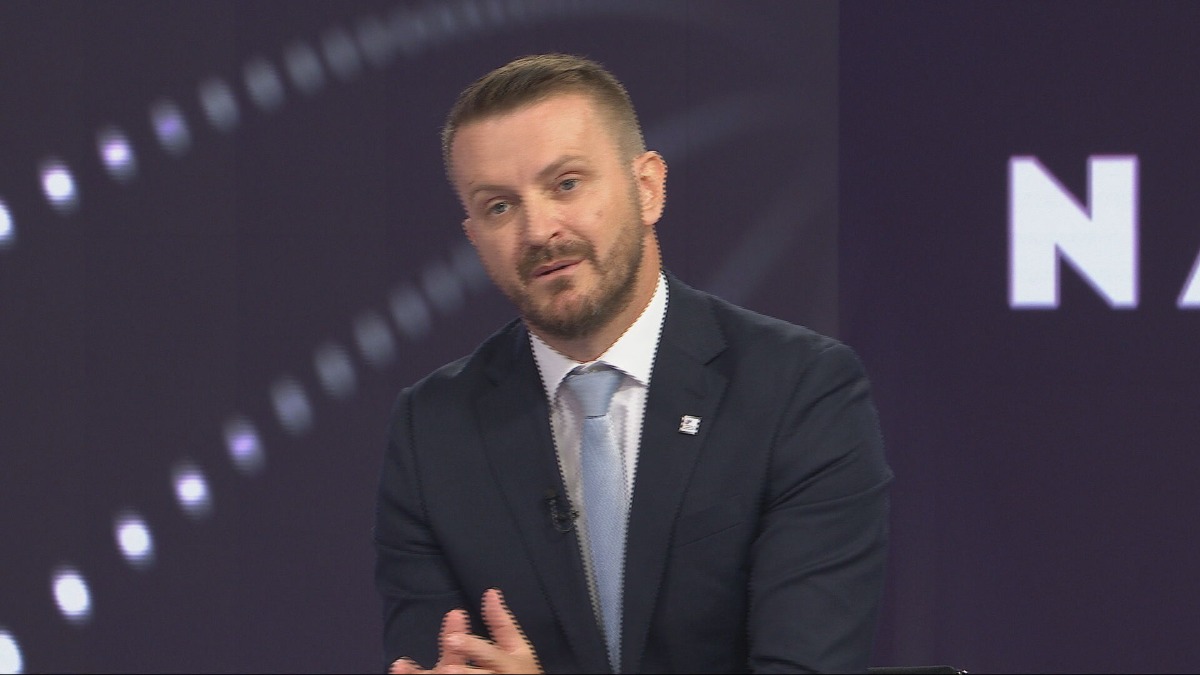Montenegro’s Government Law: The End of Endless Ministry Expansion?
Have you ever wondered how many ministers a government can have? In Montenegro, the answer is finally clear – a maximum of 18 ministries, including two without portfolio, and four vice premiers! Yes, you read that right! After years of chaos and uncertainty, a law that has been in the works for nearly three years is finally here, and the public administration claims it is maximally inclusive, developed in cooperation with NGOs, academia, and international partners.
Why is this law so important?
Montenegro is, believe it or not, the only country in the region that has not had a government law until now. This meant that the functioning of the executive branch was like driving without a seatbelt – chaotic and unpredictable. Marash Dukaj from the Ministry of Public Administration clearly states that this law is key to the functioning of one of the three branches of power and that it will fulfill GRECO recommendations, which is a big plus for European integration.
What exactly does the law stipulate?
- The future mandate holder can form up to 18 ministries.
- Two of these ministries can be without portfolio.
- The government can have up to four vice premiers.
- The prime minister must ensure representation of minority peoples and women.
- It is recommended that vice premiers do not hold portfolios.
So, no more endless expansion of ministries and ministers who just drain the budget without doing anything! This law clearly sets an upper limit and prevents manipulation of the number of ministries.
But will the law really be adopted?
Dukaj says it is not necessary for the government law to be adopted together with the parliament law, but it would be ideal. The Ministry of Public Administration has worked on this law for almost three years, and now it is time to move forward. He also points out the need for local self-government reform, as Montenegro remains the most centralized country in the region, which is not good for citizens.
Local Self-Government Reform and Electoral System
Dukaj emphasizes that local self-government reform must be planned and periodic, and electoral reform is a key pillar of democratic development. Problems recurring in municipalities like Šavnik and Kotor can happen elsewhere if the system does not change. Local government must be closer to citizens, and decentralization is a fundamental democratic principle.
What does this mean for citizens?
Fewer ministries mean lower costs and more efficient government. Greater representation of minorities and women means more inclusive politics. Local self-government and electoral reforms bring hope for better governance and greater accountability to citizens. All this together can be a big step towards European integration and a better life in Montenegro.
Conclusion
After years without clear rules, Montenegro finally has a law defining what its government should look like. Will this law really bring change or remain a dead letter? We will see. But one thing is certain – it’s time to stop the endless expansion of ministries and focus on working for the people.
And you? Do you think this law will really change things or is it just another political story? Drop a comment, share your thoughts, or just crack a good joke about ministries – you know we love some fun while waiting for change!












